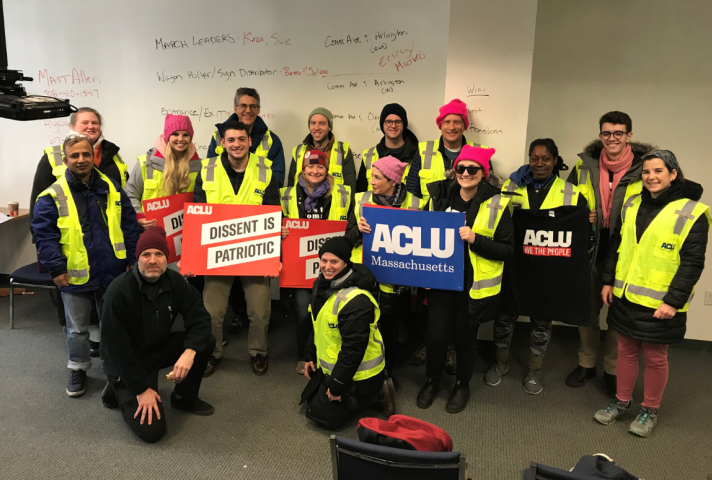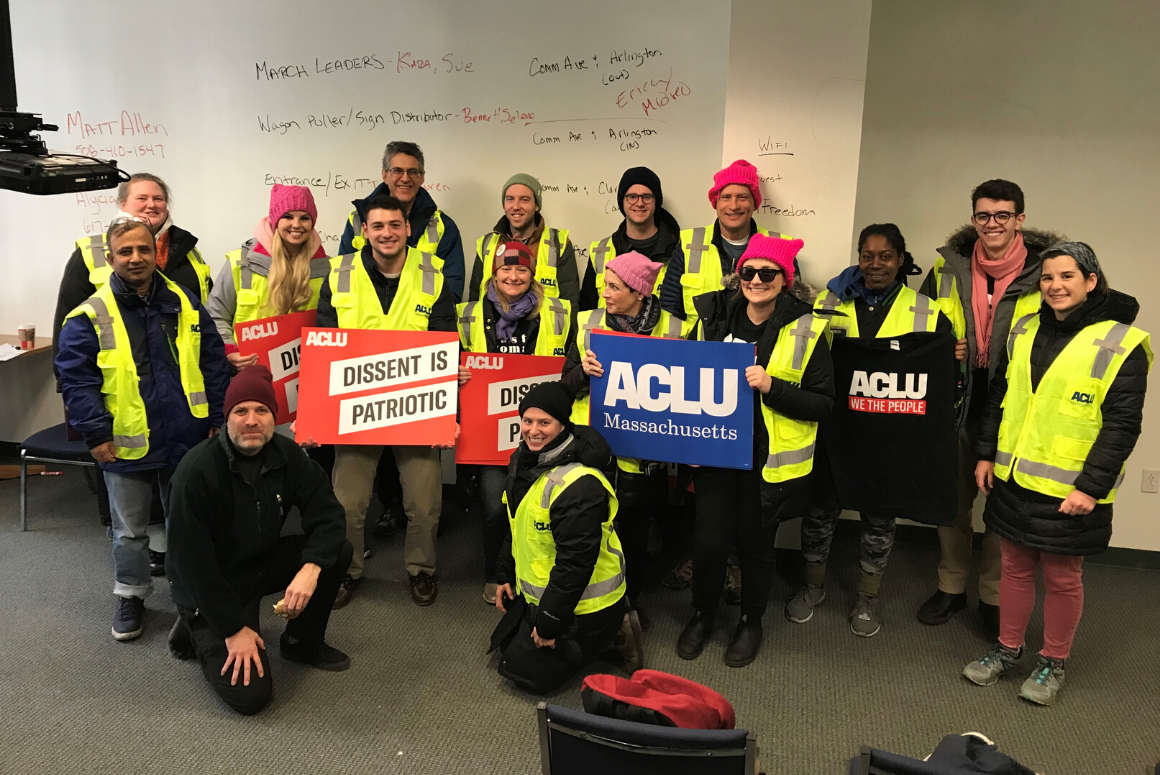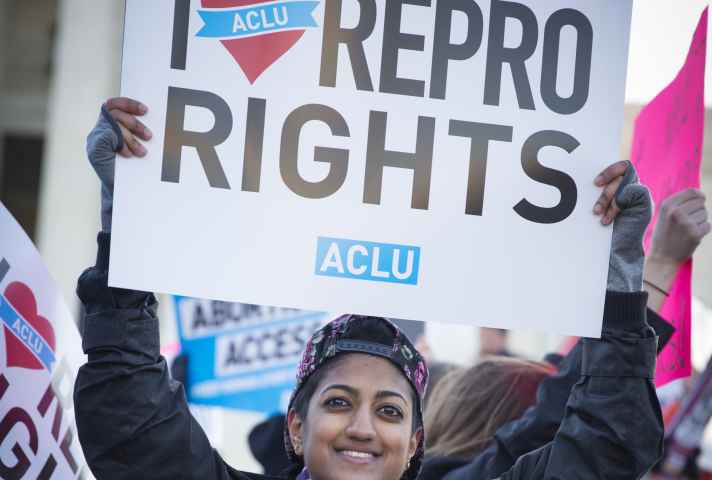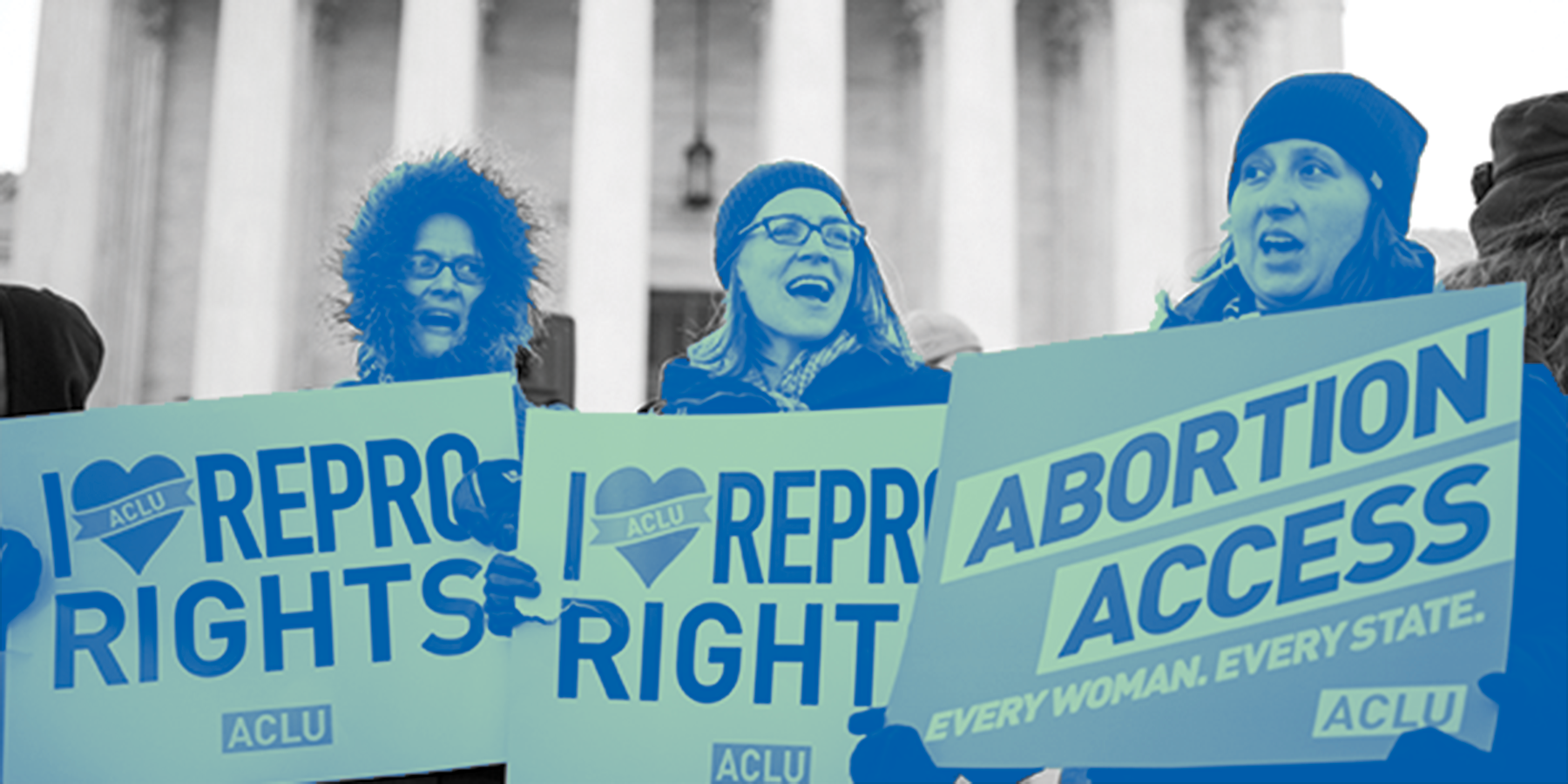Attacks on reproductive rights and justice are in the news daily—from the rollback of abortion rights and contraception access to the separation of children from their parents at the border. Come hear renowned legal scholars discuss the movement and litigation stories behind important reproductive rights and justice cases and what we can learn from them in this current political moment. Panelists will discuss their recently released book Reproductive Rights and Justice Stories and topics ranging from coerced sterilization, abortion, and pregnancy discrimination.
Reproductive Rights and Justice Stories spans topics including contraception, abortion, pregnancy, and assisted reproductive technologies, telling the stories of these cases using a wide-lens perspective that illuminates the complex ways law is debated and forged―in social movements, in representative government, and in courts. Reading the cases together highlights the lived horizon in which individuals have encountered and struggled with questions of reproductive rights and justice at different eras in our nation’s history―and so reveals the many faces of law and legal change. This discussion of reproductive rights and justice stories comes at a critical and perhaps pivotal moment for this area of law. The changing composition of the Supreme Court, increased executive and legislative action, and shifting political interests have all pushed issues of reproductive rights and justice to the forefront of contemporary discourse
FREE AND OPEN TO THE PUBLIC
YOUNG PEOPLE WELCOME: Young people of all ages are welcome at this event. There will be coloring books and crayons available for children.
LOCATION AND ACCESSIBILITY
Goodell Hall is located in the central part of campus, approximately one city block from the UMass Parking Garage (1 Campus Center Way, $1.75/hr).
Bus schedule: http://pvta.com/schedules.php
Campus map with Goodell Hall and nearby parking indicated: bit.ly/gdllmap
Accessible parking: bit.ly/30M2ZRA
Campus accessibility map: bit.ly/2kWuF5J
Goodell Hall is wheelchair accessible. To request additional accommodations, email communications@history.umass.edu.



